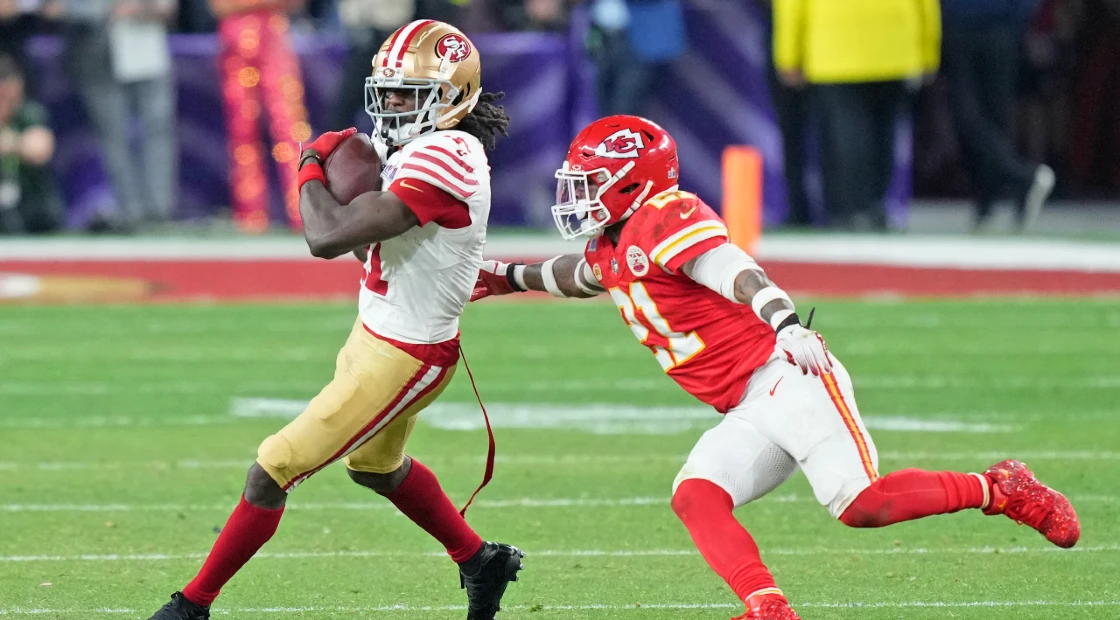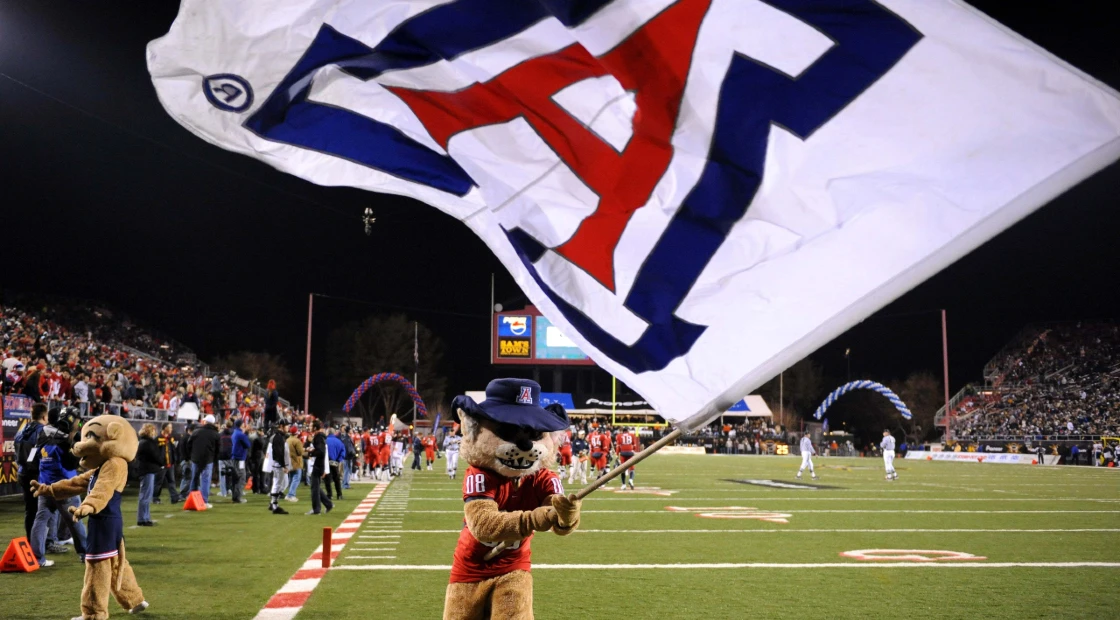State Wins Sports Betting Lawsuit in Arizona

On Monday, Superior Court Judge James Smith rejected the request to delay the beginning of Arizona sports betting.
Following a 69-minute hearing on Monday, Judge Smith issued his ruling in Maricopa County Superior Court. Legal representatives for Gov. Doug Ducey, Department of Gaming Director Ted Vogt, and the Yavapai-Prescott Indian Tribe presented their cases. An appeal is likely.
In his ruling on Monday night, Smith declared that the Tribe did not show evidence that H.B. 2772 would likely violate their rights regarding event wagering compared to Sports Franchise Owners. Additionally, the Tribe did not establish that public policy backs their plea for injunctive relief. As a result, the Tribe’s request for a Temporary Restraining Order and a Preliminary Injunction has been dismissed.
Last Thursday, the tribe initiated a lawsuit seeking to delay the state’s sports betting market launch this week, expressing worries about the legality of the law.
Over the weekend, two Arizona tribes that received sports betting licenses from the state stated their intention to join the preliminary injunction motion. However, they did not offer testimony during the casino hearing on Monday.
During the hearing, Smith questioned both attorneys, but seemed to concentrate on tribe attorney Nicole Simmons. The judge asked about the possible financial effects on the Yavapai-Prescott tribe and whether they had thoroughly analyzed potential revenue losses. He also sought clarification on the tribe’s rationale for believing that Proposition 202 limited future gaming options in Arizona.
Simmons, who faced an internet disruption during the call and mainly talked over the phone, stressed the importance of adhering to legal guidelines when making changes to gambling regulations. He also mentioned that any potential expansion of gambling within the state would need to be approved by voters.
Smith observed that Proposition 202 reduces the tribe’s financial obligations and grants them the chance to engage in more forms of gambling if they decide to expand.
Attorney Anni L. Foster, representing Ducey, argues that the tribe is attempting to turn back the clock in order to seek another opportunity in relation to the injunction.
The judge inquired with Foster about the licenses granted by the state for NASCAR and PGA Tour events.
Attorney Pat Irvine, who was representing the Vogt, gave a brief speech shortly after Foster’s presentation lasting about five minutes.
Clock Ticking Toward Launch
Knowing that the state is planning to launch sports betting this week, the judge deliberately scheduled the hearing on a holiday. Smith is cognizant that his decision may be challenged on appeal.
The Yavapai-Prescott tribe opted out of the new gaming compacts and does not hold a license for sports betting. They are the proud owners of two casinos in Prescott, situated north of Phoenix, known as Bucky’s Casino and the Yavapai Casino.
Arizona sports betting apps will be available to launch shortly after midnight on Thursday, September 9th, just in time for the start of the NFL season.
Starting on August 28, bettors in Arizona were able to register early in order to receive promotions from sportsbooks. The Arizona Department of Gaming (ADG) approved sports betting licenses for 10 tribes and eight professional franchises or venues on August 27.
2 Tribes Align Themselves with the State
During the weekend, the Tonto Apache and Quechan Tribes issued a statement declaring their intention to intervene in the legal proceedings and seek a motion for dismissal if needed. Both tribes, which operate casinos in Arizona, have obtained sports betting licenses under the recently enacted law.
Chairman Calvin Johnson of the Tonto Apache tribe announced that after five years of negotiations with the governor and the Department of Gaming, they were able to secure favorable economic benefits for their people. Despite attempts to collaborate with Yavapai leaders on mutually beneficial strategies for smaller tribes, they declined and threatened legal action if they were not satisfied with the negotiation outcomes.
Quechan President Jordan Joaquin expressed his disappointment in the Yavapai’s attempt to undo the progress that had been achieved, particularly because they were not involved in the negotiations for the compact amendment.

Author
Recognized by leading media sources, such as:















